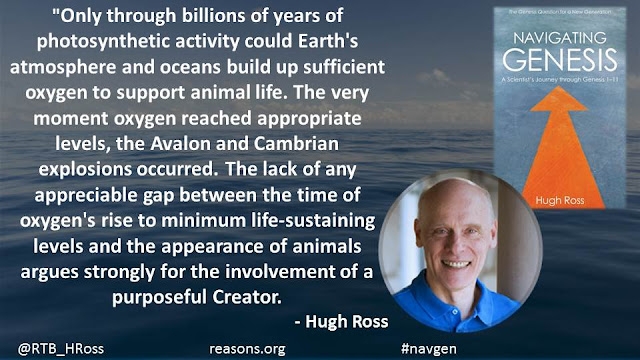Introduction
This review has been a long time coming. I first heard of Alvin Plantinga and his "evolutionary argument against naturalism" several years ago. I was impressed by the original paper, and when I heard that he wrote a whole book on it, I was quite excited. As a defender of the Christian worldview, I constantly come across skeptics who believe that there is a glaring conflict between science and faith. I have defended the complete compatibility of modern science with the claims of Christianity using the sciences and some philosophy. My reading "
Where the Conflict Really Lies" by Alvin Plantinga is an attempt to expand my philosophical defense. Is it successful? This review will provide a chapter-by-chapter summary of the book that will conclude with my thoughts.
Part 1: Alleged Conflict
Chapter 1: Evolution and Christian Belief (1)
Plantinga begins by explaining that over the centuries many people have claimed there is conflict between science and Christianity. The only thing that has changed is the source of the claimed conflict- biology not astronomy. He explains it is important to define our terms in order to properly identify any conflict. He uses common affirmations of the historic Christian creeds regarding creation as a source for the minimum necessary claims of Christianity: God is the creator. As for science, he takes the current scientific theory and breaks it into its mere components: an ancient earth, rise in complexity of life over time, descent with modification, common ancestry, naturalistic mechanisms, and naturalistic origin of life. He explains that conflict has been alleged between the first scientific thesis (an ancient earth) and the interpretation of the Bible by some Christians, but since age is not part of the Christian creeds, he concludes that the conflict is merely superficial and not actual.
Richard Dawkins is one scientist who also alleges great conflict between science and the Bible. Plantinga addresses Dawkins' argument that modern evolutionary theory has revealed a universe without design. He shows that while Dawkins may be able to envision a general naturalistic mechanism to get complex systems, he has not proposed a detailed map from the simple to the complex, nor has he provided any scientific evidence of the details of a mechanism that would produce the specific points on the map. Plantinga also addresses Dawkins' appeals to probability and the claim that God, Himself, would require a designer. He concludes that Dawkins has not demonstrated that evolution (even if it is correct) can take place independent of an intelligent agent guiding the process.



